Foods with the Longest Shelf Life
As preppers, we rotate our food storage so we always have what we need and what we will eat. However, it is also important to have foods with the longest shelf life on hand as well. You never know what can happen or how long you will be unable to go to the grocery store. Having longer shelf life items is a must in emergency situations.
Foods with the Longest Shelf Life
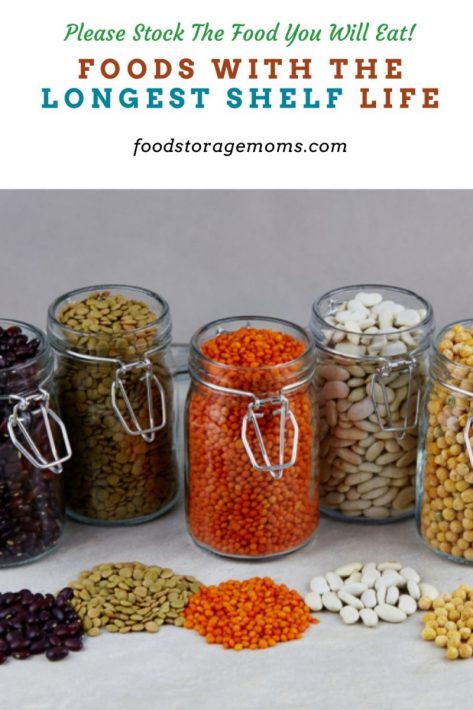
There are many foods that have a long shelf life. If stored properly, these foods can last for months or even years! Below, you will find the foods with the longest shelf life:
Potatoes
- How to store: Store potatoes in a cool, dry, and dark place. Don’t store them next to onions since they will spoil faster.
- Shelf Life: Large white or russet potatoes can last 3 to 5 weeks.
Onions
- How to store: Like potatoes, you need to store onions in a cool, dry, and dark place. Additionally, keep them away from potatoes.
- Shelf Life: Most onions can be stored for 1 to 3 months.
Peanuts
- How to store: Peanuts are another food that needs to be stored in a cool, dark place. Place them in an airtight container.
- Shelf Life: Peanuts will be perfectly happy for about 2 months.
- Longer Shelf-Life: Most other nuts do better in the freezer.
Winter Squash
- How to store: For a longer shelf life, store winter squash in a dark place that has a temperature of about 50 degrees fahrenheit.
- Shelf Life: If stored correctly, winter squash can last 1 to 3 months.
Apples
- How to store: Apples won’t last you long if you don’t store them in a humid place at lower temperatures. Store them in a humid spot that is about 30 to 40 degrees fahrenheit.
- Shelf Life: If stored properly, they will last up to 6 months.
Tea
- How to store: As long as the tea is not exposed to moisture or humidity, you can store unopened tea in your cabinets.
- Shelf Life: Tea can last 6 to 12 months PAST the “best by” date.
Powdered Milk
- How to store: Store powdered milk unopened in a cool, dry area.
- Shelf Life: Powdered milk can last 1 year to 18 months.
Beef Jerky
- How to store: Simply store unopened beef jerky in the cabinet.
- Shelf Life: Unopened beef jerky can last 1 to 2 years!
- Homemade Jerky: Doesn’t have preservatives, so please store in the freezer. I store just enough for eating the next 2-3 days in the refrigerator.
Canned Fruits and Vegetables
- How to store: Store canned goods in a cool, dry, and clean place. Make sure it’s not above 85 degrees Fahrenheit.
- Shelf Life: Canned goods can last almost forever. In fact, they can be good for up to 5 years past the expiration day. Please be careful with tomato-based products.
Dry Pasta
- How to store: For the longest shelf life, store dried pasta in airtight containers.
- Shelf Life: Dry pasta can last 1 to 2 years past the expiration date.
Bouillon Cubes
- How to store: Keep these little guys in their container and away from moisture.
- Shelf Life: The maximum shelf life is listed as 2 years, but if properly stored, they can last even longer.
Peanut Butter
- How to store: You can simply store unopened peanut butter at room temperature.
- Shelf Life: For the best quality, it should not be stored longer than 2 years. Peanut butter does indeed become rancid over time.
Dark Chocolate
- How to store: Obviously chocolate melts, so you want to store it in a cool place. Make sure it is stored at temperatures between 60 and 65 degrees Fahrenheit.
- Shelf Life: Dark chocolate can last 2 to 5 years depending on the temperature at which it’s stored.
Canned Meats and Tuna
- How to store: Like canned fruits and vegetables, you want to store canned meats in a cool, dry area. Keep the temperature well under 85 degrees Fahrenheit.
- Shelf Life: Tuna and canned meats can also last up to 5 years past the expiration date. Please keep in mind tuna becomes “mushy” after a year or so.
Dried Beans/Legumes
- How to store: Store in airtight containers in a cool, dry area.
- Shelf Life: Dried beans and lentils last indefinitely!
Honey
- How to store: Store honey away from heat or a heat source.
- Shelf Life: Like beans, honey has an indefinite shelf life.
- It can become “crystalized,” so I recommend storing honey in mason jars so you don’t have to chisel the honey out of a 5-gallon bucket. You can place a jar of honey that has crystallized outside in the sun to get it back to a liquid form.
White Rice
- How to store: Store rice in airtight containers to prevent weevils from getting in. Additionally, keep rice away from moisture.
- Shelf Life: If stored properly, white rice can last indefinitely. Brown rice has more oil content so the shelf-life is about 6 months before it becomes rancid.
Related: The Best Herbal Plants to Grow for Homemade Tea
Best Survival Foods with the Longest Shelf Life
In addition to the above foods, there are a few survival foods that you should always have in your pantry. Here are the best survival foods with the longest shelf life:
Hardtack (forever bread)
- How to store: Store away from water and moisture.
- Shelf Life: Hardtack can be stored pretty much forever!
Related: How to Make Hardtack
Wheat and Flour
- How to store: Keep your flour in a bucket with an air-tight lid.
- Shelf Life: Unground wheat can last 25 years. Store-bought flour can last about 8-12 months.
Ramen Noodles
- How to store: Simply keep Ramen noodles in its original packaging in a dry place.
- Shelf Life: Ramen will last a couple years even though it’s not the most nutritious.
Freeze-Dried Fruits and Vegetables
- How to store: If you buy freeze-dried food from reputable companies like Thrive Life, you can be assured it is processed correctly and you can store the cans in a cool dry location.
- Shelf Life: If properly stored, freeze-dried foods can last 15 to 30 years.
Dehydrated Potato Chunks
- How to store: Store in its original packaging in a cool, dry place.
- Shelf Life: Potato Chunks can last 15 to 30 years, depending on how they are stored.
Pemmican
- How to store: Seal in a ziplock bag with an oxygen absorber.
- Shelf Life: Packed with protein, Pemmican can last up to 50 years!
Powdered Eggs
- How to store: Store in the original packaging in a cool, dry area.
- Shelf Life: Powdered eggs can last up to 1 to 3 years depending on which company processes and packages them. Check their label.
Ghee (Clarified butter)
- How to store: Ghee should be stored in a cool, dark place or in the freezer.
- Shelf Life: If stored in a cool, dark place, it will last 2 years. If stored in the freezer, Ghee will last indefinitely.
Jello Mix
- How to store: Store unopened Jello in your pantry in its original box.
- Shelf Life: As long as it doesn’t come in contact with moisture, the Jello mix will last indefinitely.
- Sugar-Free: I haven’t had good luck storing sugar-free Jello, I recommend storing only the sugar kind. Warning, it gets clumpy like all get out!
MRE’s
- How to store: MRE’s are designed to be survival foods, so they can be stored in their original containers.
- Shelf Life: Depending on where you buy your MRE’s, they can last up to 5 years. I know people have eaten them a lot of older, but I won’t.
Other Food Prepping Posts to Read
In addition to this post, I would encourage you to read some of my other food prepping and food storage posts below:
- Tips on Storing Food Storage Safely
- Food Storage Secrets You Need to Know
- 20 Cheap Food Items You Should Store Now
Foods with the Longest Shelf Life
Final Word
Although these foods can last quite a while, it is still important to remember to rotate your food supply. Make sure to put dates on what you are storing so you are eating the oldest first and replenishing as you go. Please keep prepping, we must. May God Bless this world, Linda
Copyright Images: Dried Legumes Deposit photos_395840788_s-2019

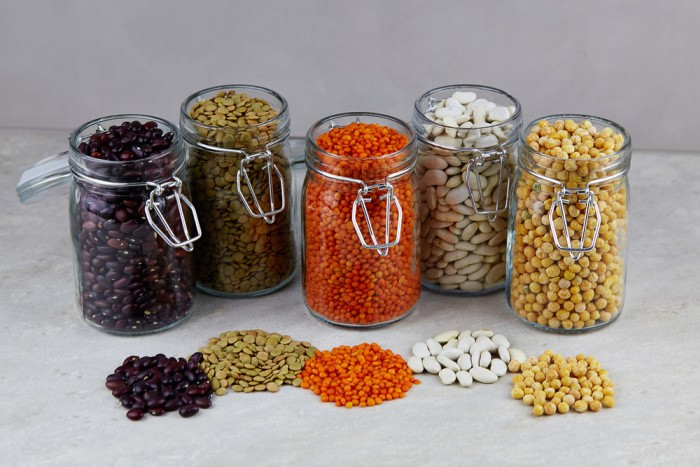



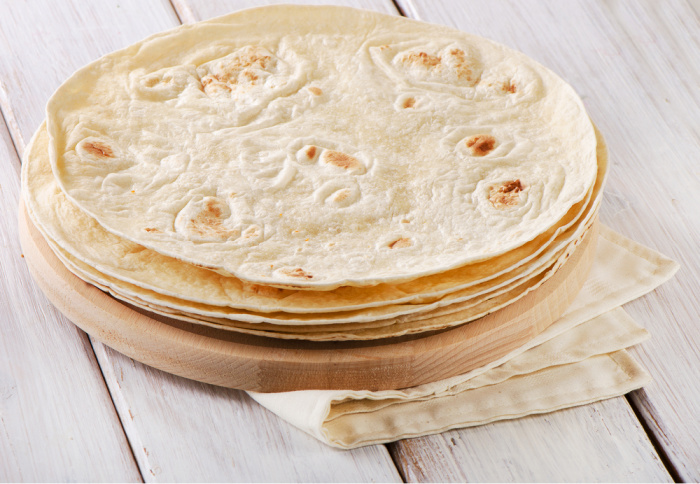
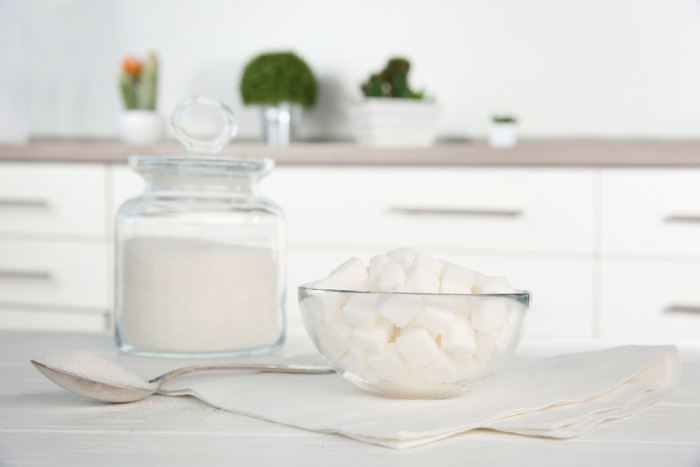
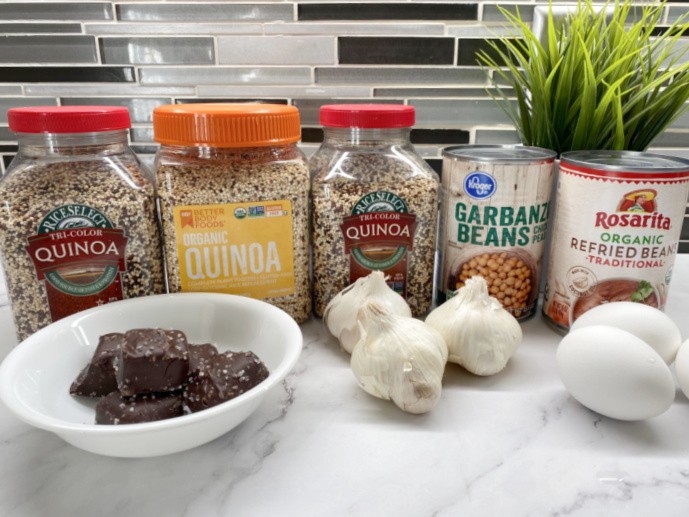
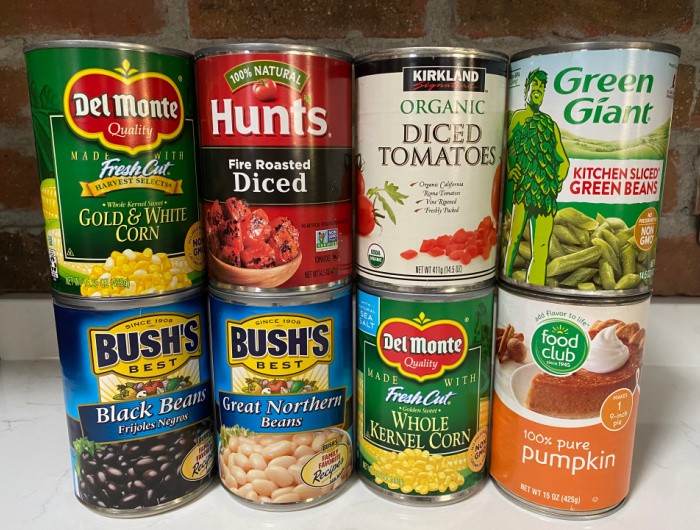
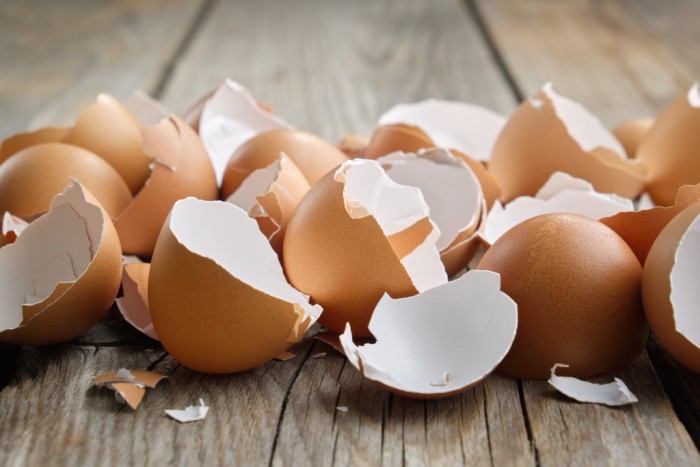
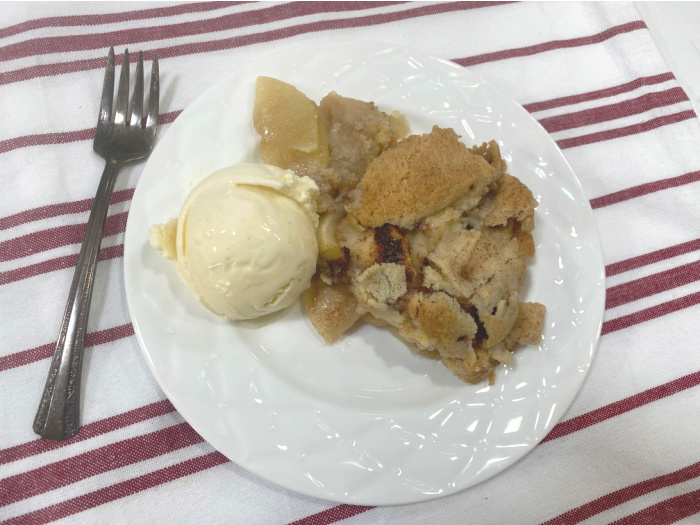
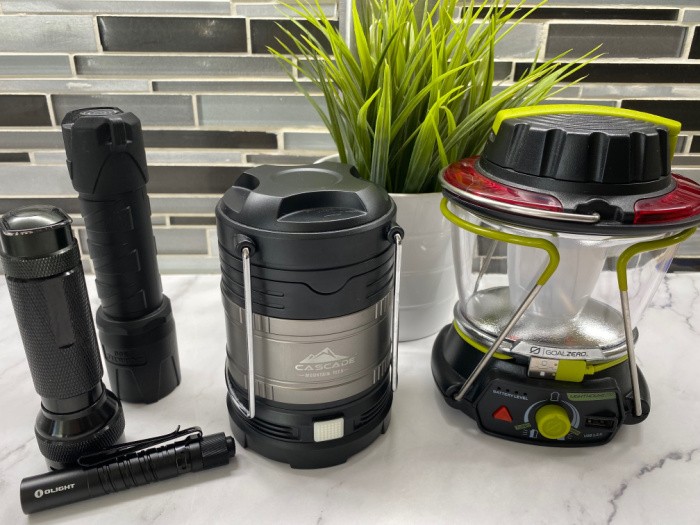
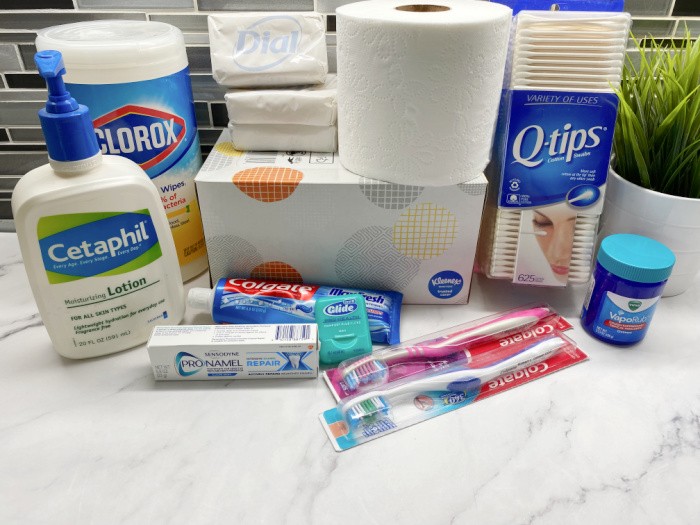
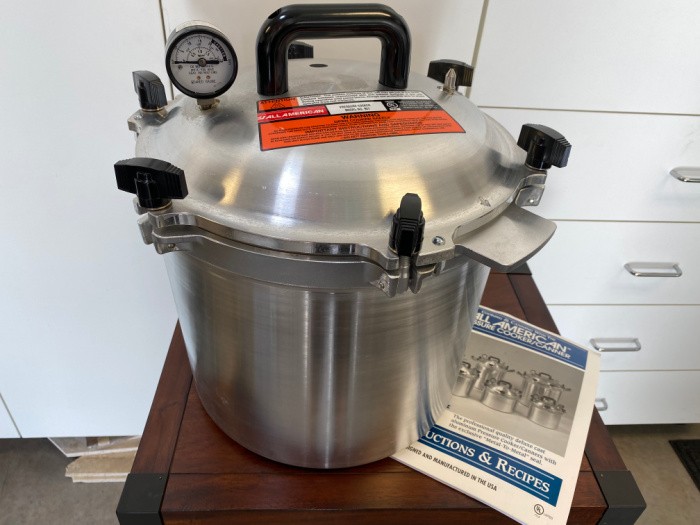
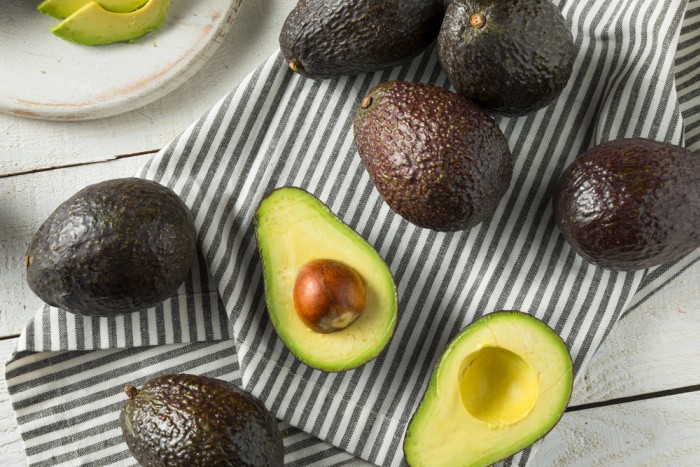
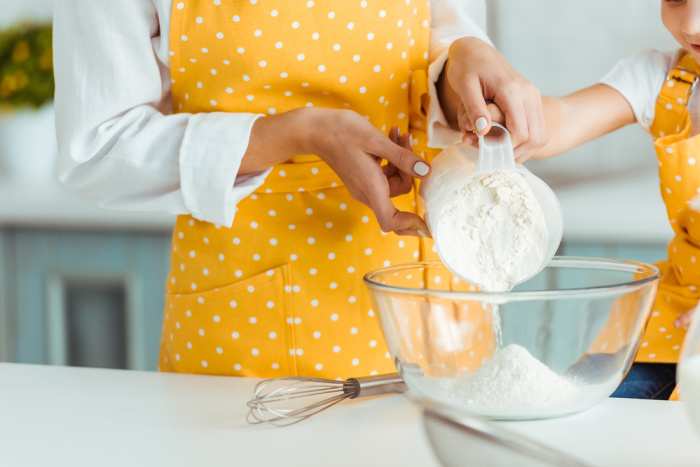

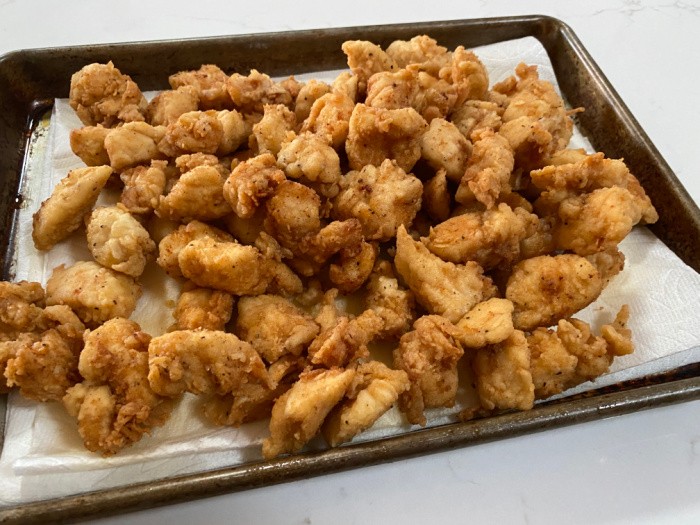
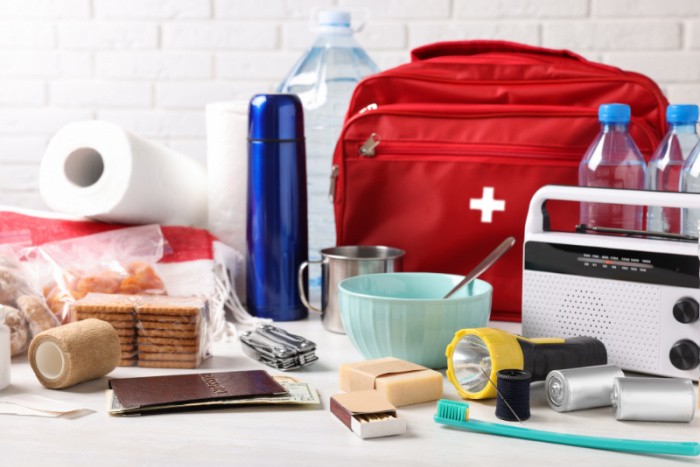

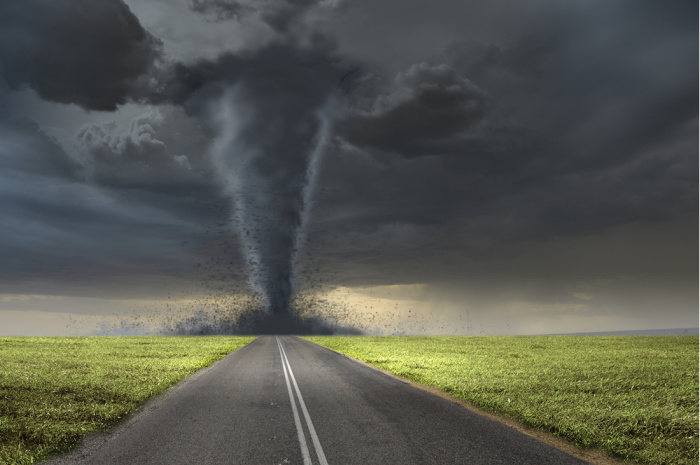


Another great post by my favorite poster! Thank you for this, Linda. You are the best! I store my beans in an air tight jar. Usually a mason jar, but I have some plastic, square jars that grapefruit comes in and stored my latest ones in them, well and a half gallon mason jar. We have pintos, black beans, red kidney beans, Lima beans, and lintels. Oh, and rice. I do have 5 gallon buckets with lids that I store some food items in. Love them, but they do get heavy. LOL
Hi Deborah, thank you, my friend! It’s nice to be reminded that what we store is a great idea. I heard from Matt that bleach may be in short supply soon. We need it to disinfect and stay healthy. I only buy what I can use in six months or so because it starts to deteriorate a little each month. I went to the grocery store the other day and I was shocked to see so many shelves half full, or half empty however we want to say it. I thought to myself, is this the trucker shortage I keep reading about? The price of gas keeps going up, dang it. Stay well, Linda
I haven’t seen any shortages, yet, in our store. I’m trying to get everything restocked and more of it. I feel that we are in for a long haul, so to speak. I’m trying to get more stocked up than we had before the pandemic started. I also feel that it’s going to get worse before it gets better. We did get our vaccine. I’m not suggesting everyone get one or not get one. It’s a personal choice. I don’t judge anyone.
May God Bless each and everyone of you and keep you from all harm.
Hi Deborah, I heard there is going got be a shortage of propane, please fill your tanks. I only have the 20-pound tanks, but I have six of them. After the Texas disaster, I saw people lined up trying to get propane only to learn their tanks were bad and had to buy safer ones. THEN the propane was gone. Today on TV they mentioned propane will be in short supply for BBQ’s this summer. Just giving everyone the heads up. Stay safe, Linda
We have a 250 gallon tank, plus a couple of 5 gallon tanks. We need to fill all of them up soon.
Thank for the update!
Hi Deborah, yay, good news! Please use a lead-free hose when you fill them! Good job! Linda
I am always fascinated by how long – or short – of a time some items have. Thanks for the refresher on that critical info. The fuel and supply-chain issues I firmly believe are directly due to political machinations to modify our way of life and mindsets. Another hard reason to be as self-reliant as possible. We have to take the best care of ourselves that we can, because no one else has our best interests in mind. I never expected my “golden years” to be a piece of cake, but they sure are shaping up to be extremely labor-intensive. Keep posting as long as you can, Linda. May God watch over us all and help us restore sanity and goodness to the world.
Hi Terry, thank you for your kind words. I agree with the golden years not being a piece of cake, but boy oh boy, this last year has shown us all to be even more prepared. We really do need God to watch over us and keep us sane and be kind to others. For some of us it’s natural, others need a refresher course. Thankfully my followers are kind! Linda
i HAVE A QUESTION. We have a trailer buried on the property for a storm shelter. I would like to store stuff in it for when SHTF. I figure food in a bucket sealed shut would last, but I need your opinion, please. I plan on putting cots, blankets, sheets, pillows. Fans that work on batteries, propane stove, plus propane bottles and lights. All the none food items. But what about food. What can I store in a connex trailer. 18 wheeler trailer.
Hi Donna, wow, it sounds like you have a great plan. My concern with food is “critters”. Mice and rats to be specific. I have two posts about bunkers coming in the next couple of days. I do not have a bunker, but when I was growing up, we had neighbors with a storm shelter. I’m 71 years old so we’re talking about 60 years ago. I’m writing about what I remember. My only concern is having propane stored inside a closed area underground without any air to circulate. Stay tuned, Linda
Sounds real good. I have always wanted a bunker but my property is just not big enough. My only concern for you is be careful using propane without good ventilation.
Hi Tom, my property is way too small, it sounds awesome! Linda
You mentioned the Jello gets hard fast, yes it’s like a brick. I have a brown sugar bear and I am wondering if I could use another one in my Jello. I wouldn’t see why that wouldn’t work. Have you
or anyone else tried that?
Hi June, oh now, that’s a thought! My regular jello with sugar is fine but the sugar-free would go hard as a brick. It’s worth a try! Linda
I have a question for anyone. I know dry items like beans and rice be stored in mason jars. Can the filled jars be placed in the oven (at the lowest heat setting) with the lid and ring on loosely for 10-15 minutes to warm the jar and contents. Then remove the jars carefully and tighten the lids as you remove them from the oven. Wouldn’t this produce a slight vacuum when the jars cool?
R Spahos
Hi Richard, this is a very good question. I know we have all seen on the internet people “oven canning”, it is not safe. The mason jars are not designed for dry heat in the oven. I would recommend a FoodSaver. I learned this in my Master Canner Preserver classes. Here is a link about it: https://www.sbcanning.com/2013/09/is-oven-canning-safe.html Stay safe, Linda
Thank you for the information. I will not be trying my idea. Do you know of anyone who makes canning lids that can be used with a vacuum pump similar to the way a vacuum bag system works?
Would it increase the shelf life of dry foods such as beans? It would help protect them from moisture?
Hi Richard, it depends on where you live. I live in the desert so I just use 5-gallon buckets with Gamma Lids. I do not use Mylar bags at all with oxygen absorbers. I store 50 pounds of several types of beans. Beans will last a very long time but the older they get the harder they get and the longer they take to cook. A pressure cooker would help cook them. Linda
Dried beans will get very hard if stored for a long time. I had some very old ones that would never soften, even after cooking all day. For longer than a couple of years’ storage, I would suggest canning them.
Hi MoScho, I totally agree with you on the old beans. I would pressure cook them or pressure can them. Great comment, Linda
Has anyone had luck canning water for long-term storage? I worry that plastic bottles will break down.
Hi Anna, I have never canned water, lets see if anyone else has. Canning lids are expensive, I hope you can find some. I agree with you, I would not store water in some plastic bottles, especially milk jugs. Linda
Thanks, Linda. My concern is that without potable water, no amount of stored food will matter. Yes, canning lids are expensive so I’ll shop around but the cost is far less than not having water. What is your experience with fruit canned in liquid for long term storage? Could the liquid could be used to re-hydrate other foods?
Hi Anna, yes, any liquid, in cans or jars of food, will work. I took the 12-week course to become a Master Canner and Preserver. The USDA suggests home-canned, water bath or pressure canned is good for one year. Now, I can tell you when I had a young family we ate quart jars of peaches that were 3-4 years old. I do not consider home-canned food long-term. Freeze-dried commercially processed will last for 15-25 years depending on the food and temperature where it is stored. I have been buying freeze-dried food for at least ten years, I no longer buy very much, it’s way overpriced because the food is scarce, and the cans and lids are scarce so it drives the cost up. I have a lot of it so I am set for my lifetime. I now watch for case lot sales of non-GMO or organic fruits and vegetables. Canned chicken from Costco, tuna goes mushy, so I can’t stock that, personal preference. All of them have extra “water” or juice, we will save every drop. Water is number one on my list, then food. You are so right without water we cannot survive. Here is a link to some of the water I have stored it may help you with ideas. Start with a little at a time, that’s all it takes. Linda https://www.foodstoragemoms.com/how-to-store-water-pros-and-cons/